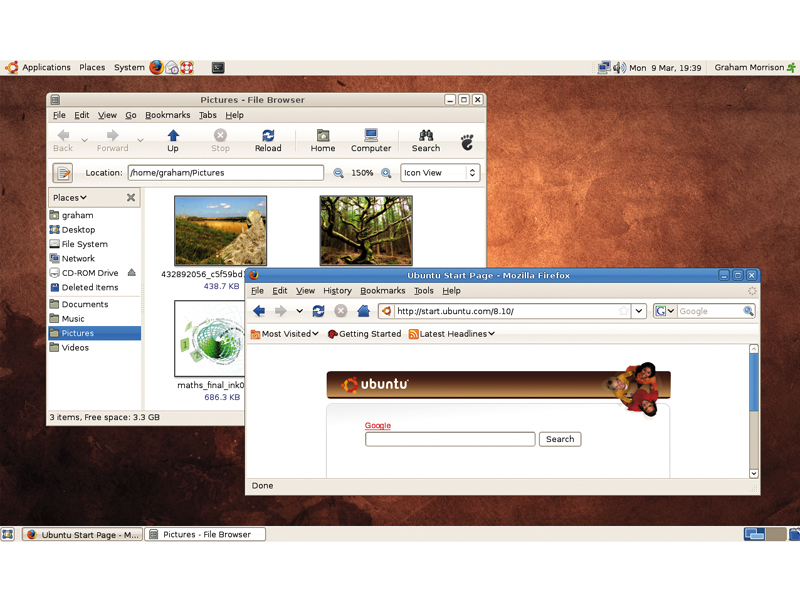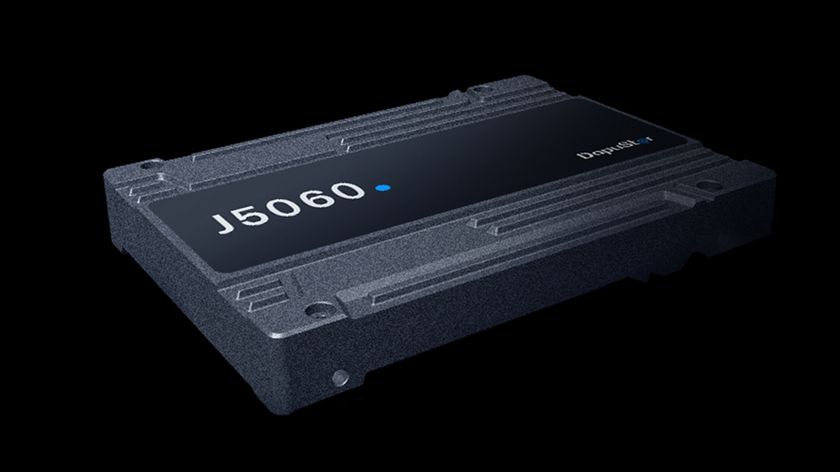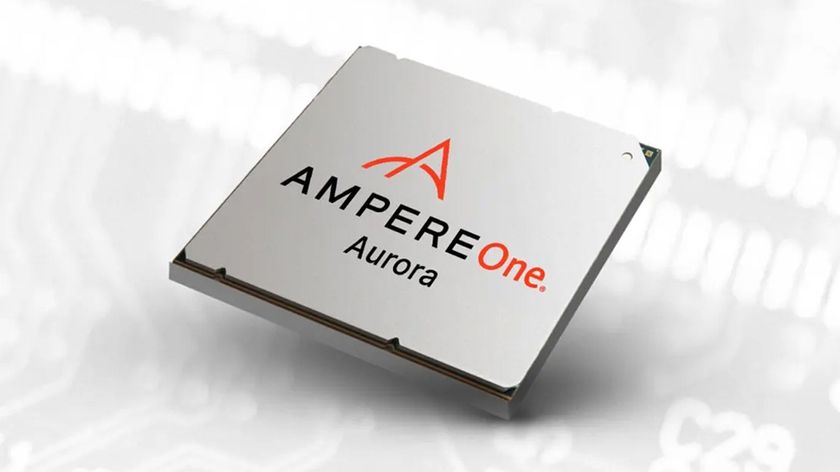
Forget the thousands of school and university students running Linux on their desktops. Forget the nonprofit and charitable institutions worldwide using Linux to power their systems.
Forget Google, NASA, the US Department of Defense and dozens of global government agencies that use Linux for their day-to-day operations. Why should you run Linux on your computer?
The netbook factor
Until relatively recently, Moore's law was in full control of personal computing. Chips were shrinking and single-core processors were a thing of the past. Any new desktop was bound to have more RAM and a bigger disk than the previous top model.
Nowadays, though, things have changed, and most people use regular-muscle PCs for heavy-duty desktop tasks such as editing videos and playing 3D games over the Internet. In such an environment, what makes Linux believe it can compete in the one-size-fits all OS market any more successfully than Microsoft?
One reason is the emerging netbook sector. With versatile online apps and cheaper access to the web, many people are opting for a lightweight PC that's got just enough juice to help them do common desktop tasks like play DVDs and music, do homework, socialise online and serve presentations.
Linux has been riding on – if not driving – this great shift in the market. The new way of computing isn't just restricted to netbooks, either; it extends to other mobility-oriented devices such as mobile phones. All of these devices are often powered by the open-source OS.
Get daily insight, inspiration and deals in your inbox
Sign up for breaking news, reviews, opinion, top tech deals, and more.
If you trace the origins of the netbook to the One Laptop Per Child (OLPC) project, you'll find that there's a close Linux connection. The OLPC units run a modified version of the Fedora Linux distribution. Paul Frields, the Community Manager of Fedora, told us that the work they've done with the OLPC project has been a big help in making Linux work well on netbooks.
In fact, they've actually made a lot of advances for users of standard laptops as well. Most netbook vendors work closely with various distributions to offer Linux on their products. Asus, Dell, Lenovo, HP, Acer and Intel all offer netbooks that run Linux.
If you don't like the distribution that came with yours, there's no dearth of customised netbook distros to choose from. Fedora, Ubuntu, OpenSUSE, Mandriva, Foresight, CrunchBang and more all offer versions optimised to squeeze the most out of your netbook's minimal resources.
This situation will only improve thanks to the proactive involvement of various distribution vendors. Canonical, the company behind the popular Ubuntu distro, recently announced a port for the ARMv7 architecture. This is being developed in conjunction with the processor design firm.
Joe Brockmeier, Community Manager of OpenSUSE, said that his company is also assisting with work on ARM, which is the most widely used 32-bit processor architecture in the world. Contrast this with Microsoft's retail plan for Windows 7, which includes the low-priced 'Starter Edition' for netbooks that restricts users to running only three apps concurrently.
When you buy a netbook, would you prefer a low-cost restricted OS or a no-cost, no-holds-barred OS with a proven pedigree on the platform? It's clear that in this area at least, Linux holds most of the cards.












